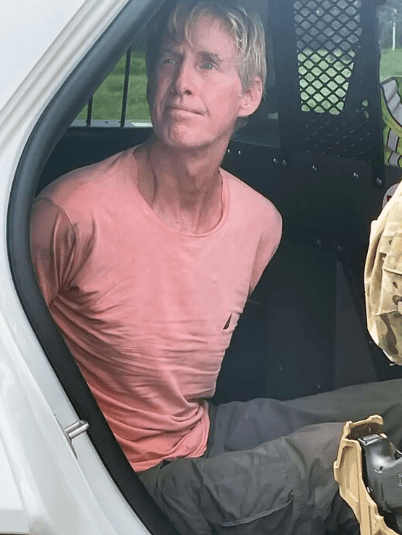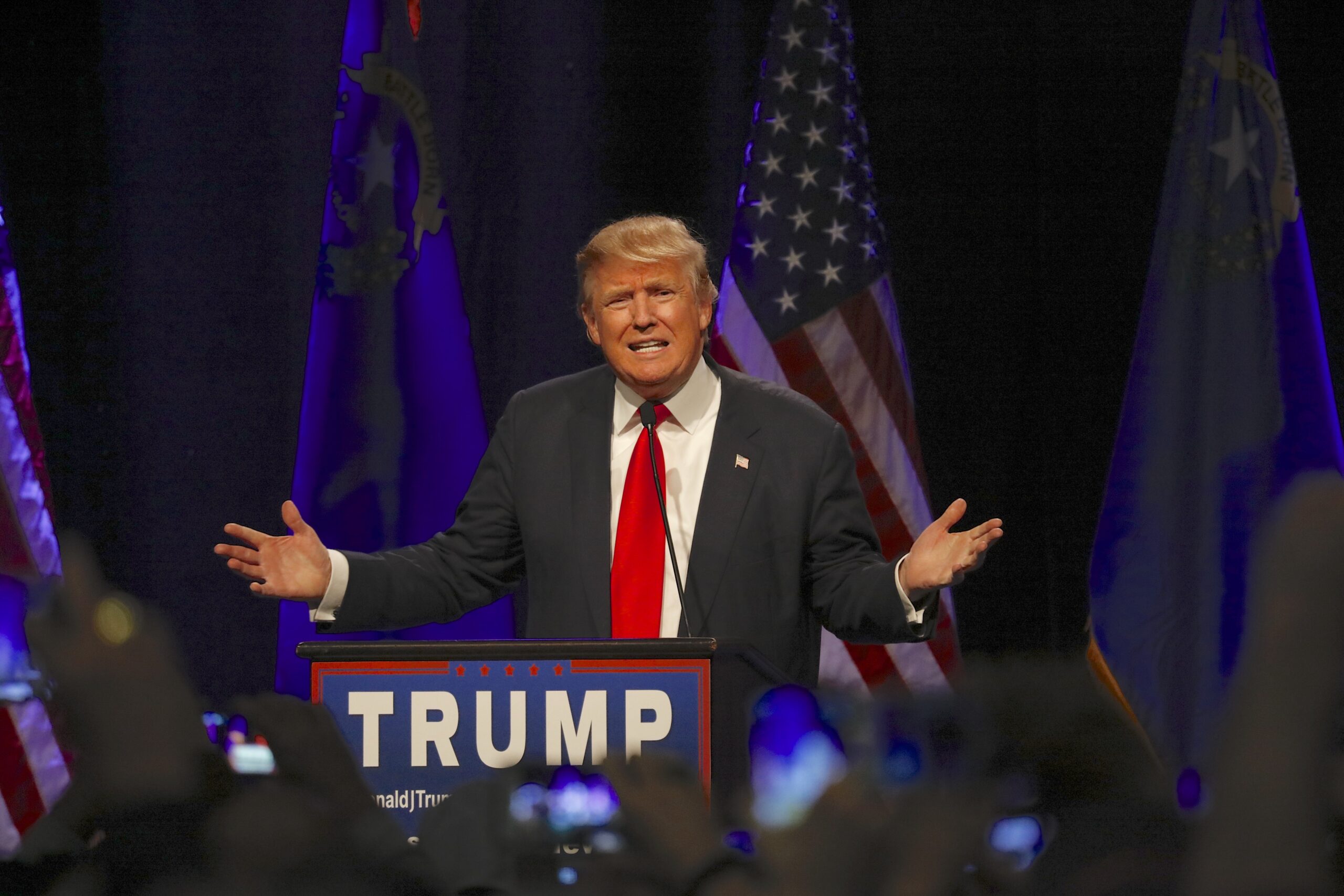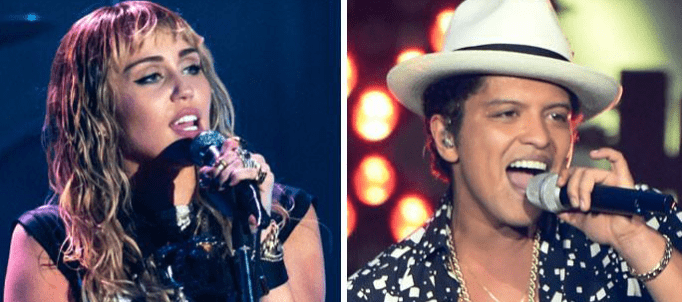Former U.S. President Donald Trump was thrust into another life-threatening ordeal on Sunday, narrowly escaping an apparent assassination attempt while golfing at his West Palm Beach course. Just two months prior, a shooting at a Pennsylvania rally had left one man dead and Trump with minor injuries. The alarming frequency of these violent incidents has intensified fears about the deepening political divide and the growing threats surrounding one of America’s most polarising figures.
A Near Miss
According to reports, a Secret Service agent spotted a rifle muzzle emerging from the shrubbery lining the golf course while Trump was playing on a nearby hole. The suspect, Ryan Wesley Routh, 58, quickly fled the scene but was later apprehended after a dramatic chase involving gunfire and an abandoned vehicle. Trump was unharmed and was whisked away by the Secret Service to safety.
The suspect, described as a career criminal with a lengthy record involving firearms and stolen goods, also attempted to join foreign fighters in Ukraine. His background presents a troubling picture of a man well-versed in violence and anti-establishment sentiments, leading to concerns about what motivated this apparent attack.

Echoes of the First Attempt
The incident brings to mind a similar shooting that occurred two months earlier in Pennsylvania, where a rally descended into chaos after a gunman opened fire, leaving one man dead and Trump nursing minor injuries. In both instances, Trump was fortunate to survive, but the increasing frequency of these events is concerning. Political leaders in the U.S. and abroad have been quick to express relief that Trump was unharmed but worry that these events could set a dangerous precedent.
Vice President Kamala Harris, in her official statement, said, “I am deeply disturbed by the possible assassination attempt of former President Trump today.” Her words echoed the bipartisan calls for investigation and accountability regarding the heightened threat level.
Political Fallout and Trump’s Response
Unsurprisingly, Trump has used the incident to launch an attack on his political rivals. The former president has accused President Joe Biden and Vice President Harris of contributing to the violent atmosphere through their rhetoric. “Their rhetoric is causing me to be shot at, when I am the one who is going to save the country,” Trump said, further polarising the political debate.
Trump’s response reflects his well-worn tactic of turning personal crises into political currency. His claims of being unfairly targeted feed into his broader narrative that he is a victim of a corrupt political system. His supporters, many of whom gathered in the aftermath of the incident to show solidarity, remain undeterred by the violence, viewing it as further evidence of the deep-state conspiracy Trump frequently invokes.

Escalating Security Concerns
For Trump, who continues to dominate headlines and galvanise supporters, the assassination attempts highlight a growing and complex security challenge. His prominence as a political figure – even after leaving office – makes him a target for individuals with grievances, some of which are deeply rooted in the political climate that has sharply divided the U.S. over the past decade.
The Secret Service’s swift action in this case has been widely praised, with acting director Ron Rowe noting that Trump was “across the course and out of sight” when the suspect was first seen. However, this event underscores the vulnerability of high-profile political figures, especially in such open settings like golf courses and public rallies.
Looking Forward
As the U.S. heads into another election season, the assassination attempt on Trump will likely stir further debate about the role of political rhetoric in fostering violence. With Trump positioning himself as a frontrunner in the Republican race, his security apparatus must remain vigilant. Meanwhile, the FBI continues its investigation into Routh’s motives and any potential connections to broader extremist movements.
Trump’s survival of not one but two assassination attempts may embolden him politically, reinforcing his self-styled image as a fighter standing against the forces he claims are “destroying the country.” Yet, for his critics and political opponents, the spectre of violence around his persona casts a long shadow over the already turbulent political landscape.
As investigations unfold and the nation grapples with these events, one question remains: Will the escalation of violence surrounding Trump lead to more stringent security measures or further deepen the divisions within American society? Time will tell, but for now, it is clear that the former president remains both a polarising figure and an increasingly high-risk target.

